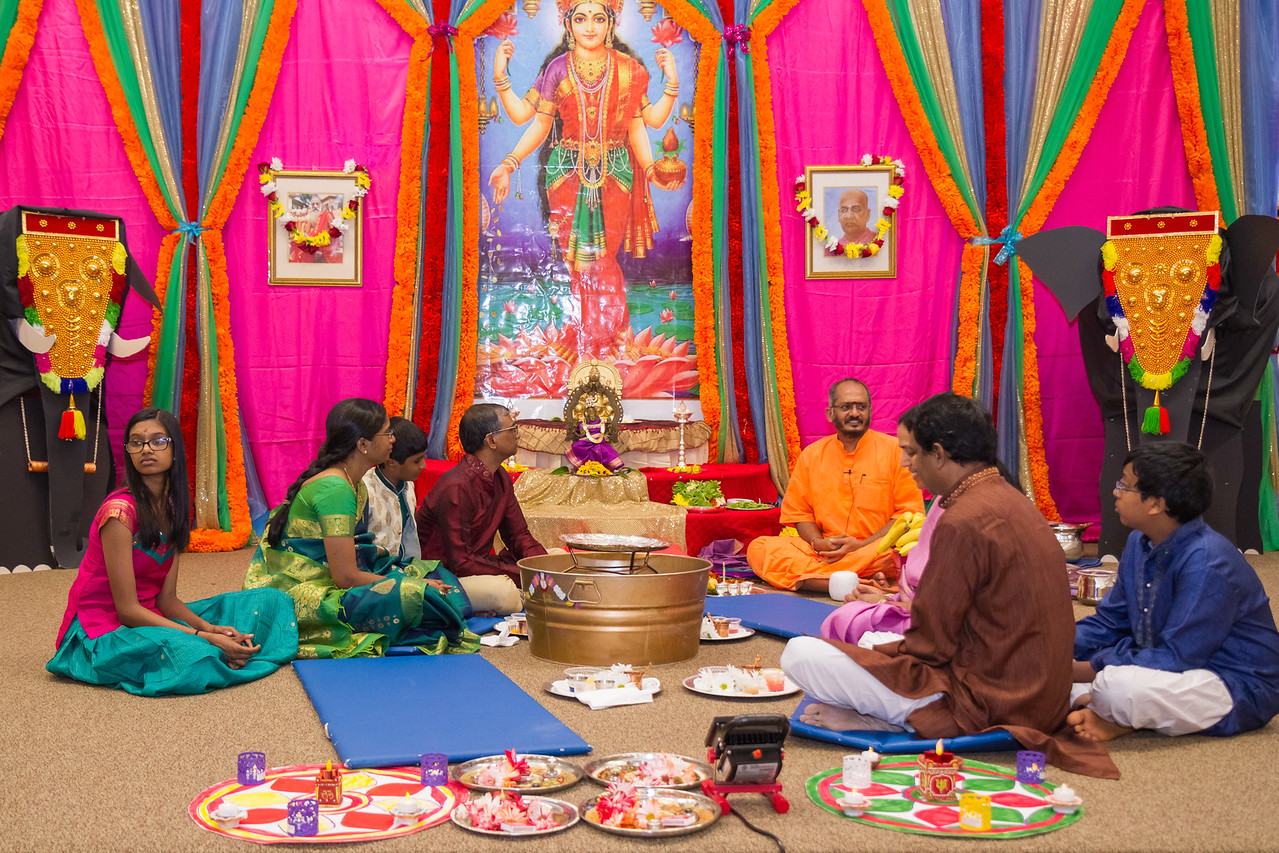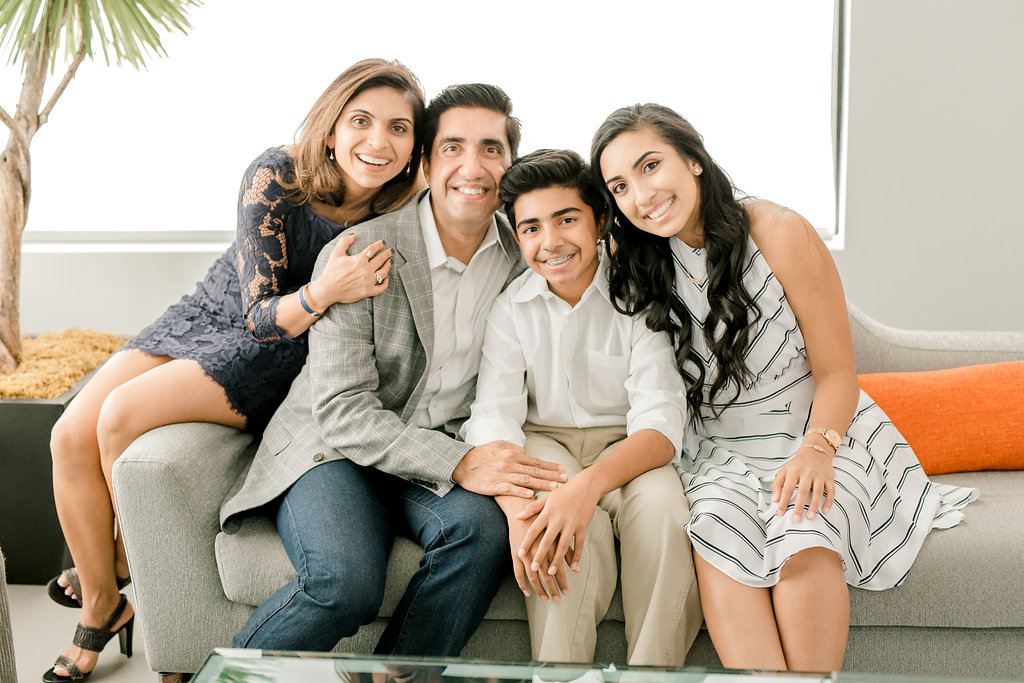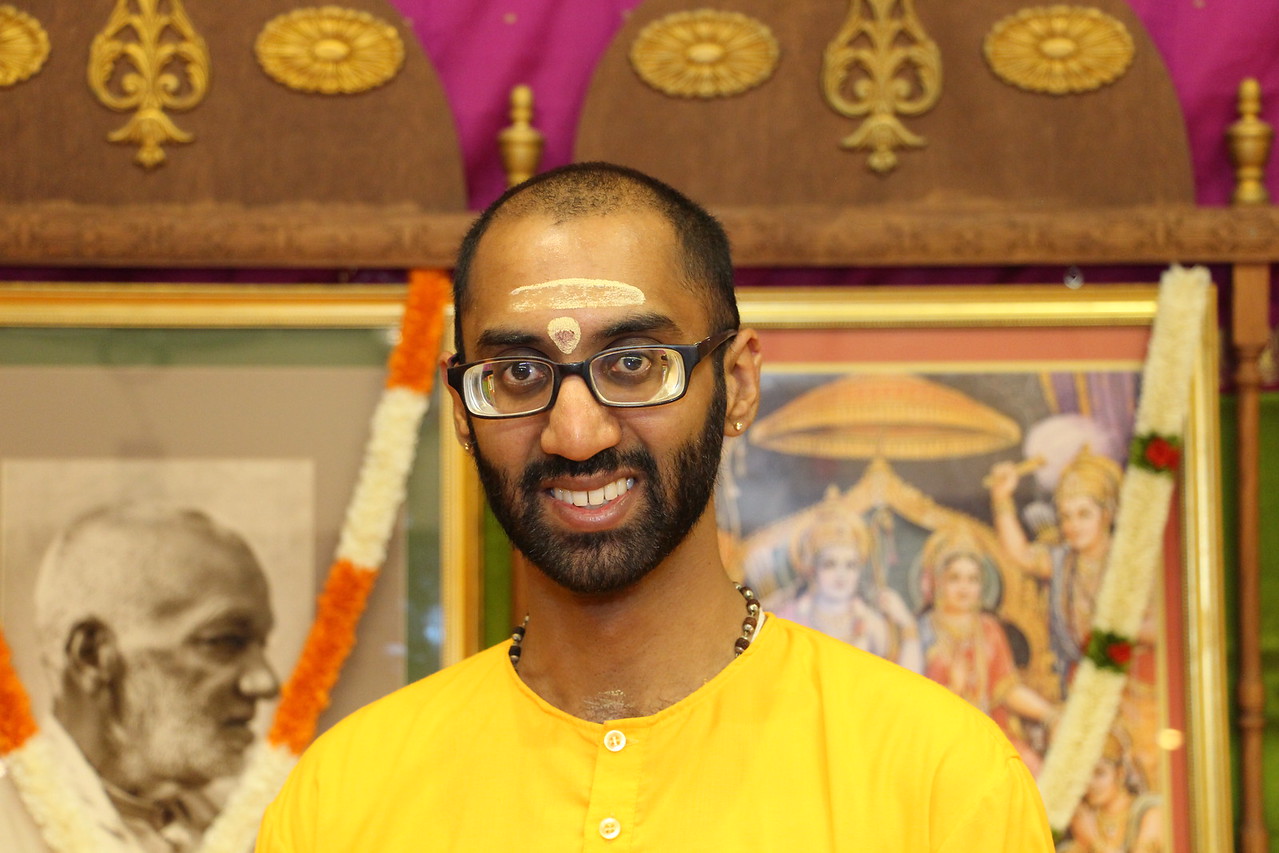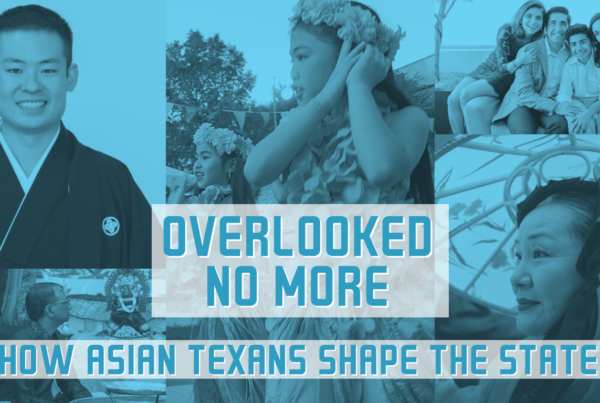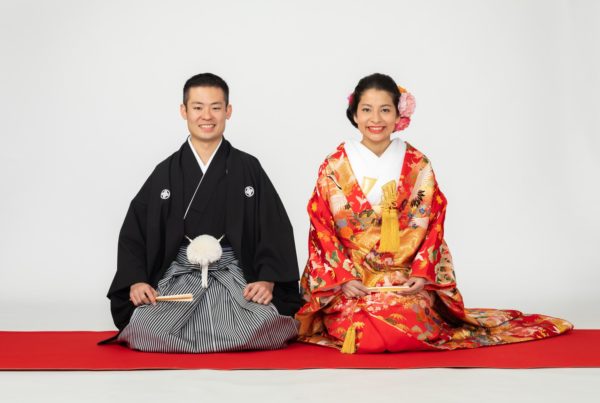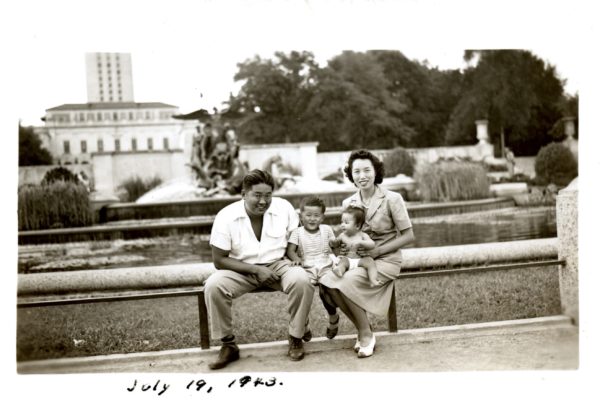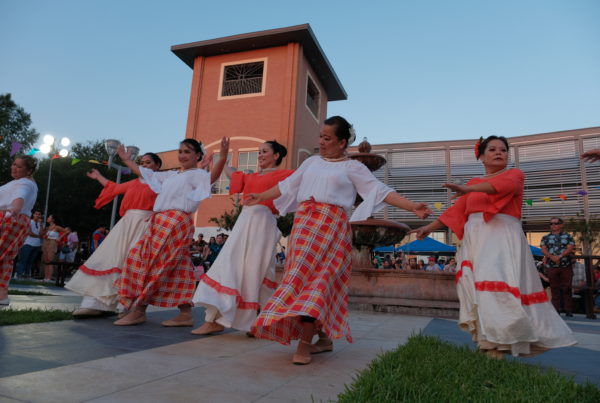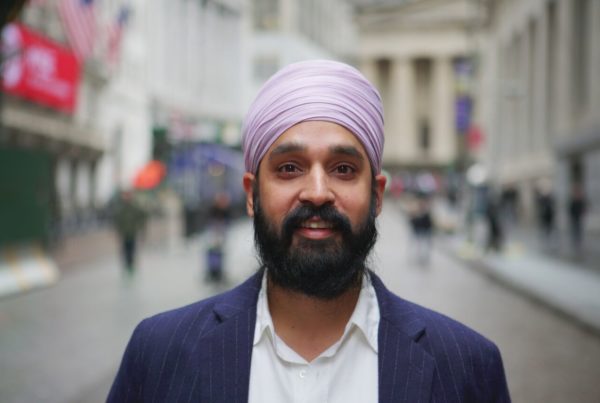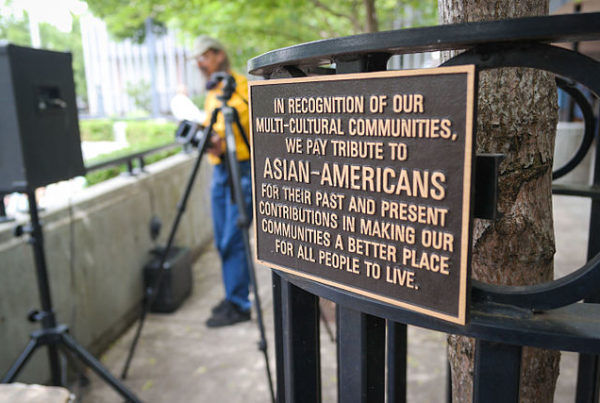Part of the immigrant experience involves reevaluating and redefining identity. Which parts of the homeland will one bring to a new land, what will be left behind and how does that evolve over generations? These questions apply to language, food, and so much else – including holidays. For many Indian Americans, one of the most important holidays is Diwali.
Celebrating Diwali
In India and other parts of South Asia, public life is set in part around the Hindu calendar. Diwali is a five-day festival – but the third day is largely the most important. It celebrates the day the prominent deity Lord Rama returns home to his kingdom after a victory.
Diwali has no set date and can fall on any day of the week. Across most parts of India, regular school and business practices come to a halt to allow for celebrations. But, in the United States, public life is set primarily around the Christian holidays – though there is precedent for accommodation being made for other religious holidays. Less than 1% of Americans are Hindu – so often those who celebrate Diwali have to make some choices.
Brahmachari Hari Chaitanya grew up in the Dallas-Fort Worth area.
“We’d still do business as usual, school and work, and then we’d celebrate on the nearest weekend,” Brahmachari Hari said.
Aarti Bhalodia grew up in India but came to Texas for college. She has stayed in the U.S. and has adjusted her Diwali celebrations.
“With us, that has almost kind of become a tradition that you celebrate it when you can,” Bhalodia said. “Usually a few days before or after.”
Indian Americans in Texas
Bhalodia is a lecturer at the University of Texas at Austin with a background in history and a focus on Asian American history, culture, and migration.
She says Indian Americans first made their way to Texas more than 100 years ago – primarily to work in agriculture or on railroads. Now, many work in the oil and gas industry around Houston and in information technology around DFW.
Manish Sethi works in IT and lives in the North Texas city of Coppell. He is the first Indian American school board member in Coppell ISD – even though almost 50% of students in the district are Asian.
“For any immigrant community to feel at home and for any minority representation is extremely important,” Sethi said.


